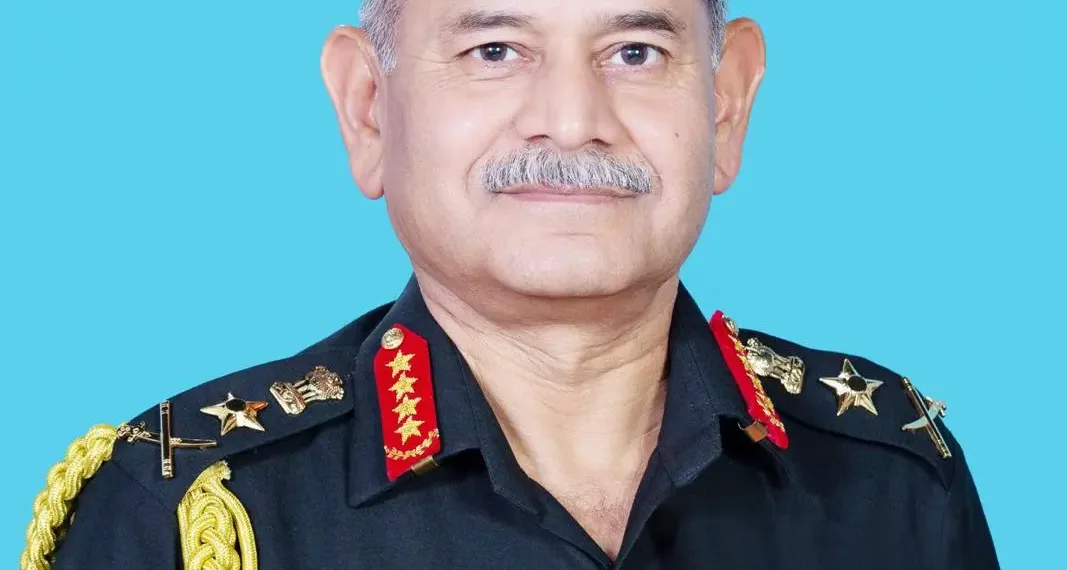Chief of the Army Staff, General Upendra Dwivedi, has completed a high-profile official visit to Algeria from August 25 to 28, his first overseas trip since the successful conclusion of Operation Sindoor. The visit signals New Delhi’s determination to deepen defence ties with a key African nation that shares India’s principles of sovereignty, non-alignment, and South–South cooperation.
During the four-day tour, General Dwivedi met Algeria’s senior leadership, including General Saïd Chanegriha, Chief of Staff of the People’s National Army, and Lieutenant General Mostefa Smaali, Commander of the Land Forces. Talks focused on training exchanges for senior officers, joint capability development, and defence-industrial cooperation. Defence officials said Algeria, with its inventory of Soviet-origin equipment, sees India as a trusted partner to support modernisation, training, and maintenance.
One area of special convergence was counter-terrorism. Sources confirmed that Algeria recently condemned the Pahalgam terror attack in Kashmir, a gesture welcomed in New Delhi as proof that the two countries see terrorism as a common threat. This alignment is expected to form the basis of further cooperation in intelligence, training, and doctrine sharing.
General Dwivedi also visited Algeria’s Military Academy of Cherchell and the School of Command and General Staff at Tamentfoust, where he called for an exchange of best practices between Algerian academies and Indian training institutions. At Algiers’ iconic Maqam Echahid (Martyrs’ Memorial), he paid tribute to Algeria’s fallen fighters, drawing a parallel between the two nations’ struggles against colonialism.
For India, Algeria represents a reliable partner in the Maghreb–Sahel–Mediterranean arc — a country with energy resources, diplomatic weight in the African Union, and a proven record of regional mediation. By anchoring Army-to-Army links with Algeria, New Delhi is broadening its Africa outreach beyond the Indian Ocean into North Africa.
The visit is expected to lay the groundwork for a long-term defence partnership. Officials said the emphasis on shared values and counter-terror cooperation ensures that the bonds extend beyond weapons and training to a common commitment to stability, dignity, and resilience.
(Hailing from Kashmir and based in New Delhi, Mehak Farooq is a journalist specialising in defence and strategic affairs. Her work spans security, geopolitics, veterans’ welfare, foreign policy, and the evolving challenges of national and regional stability.)


